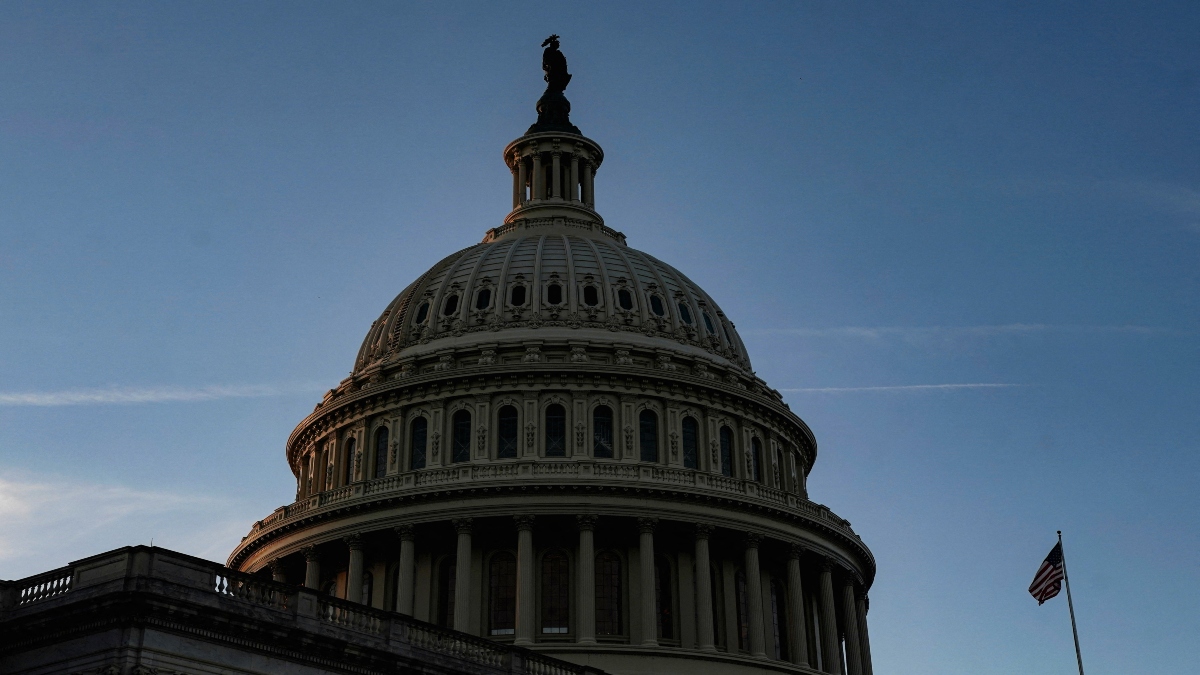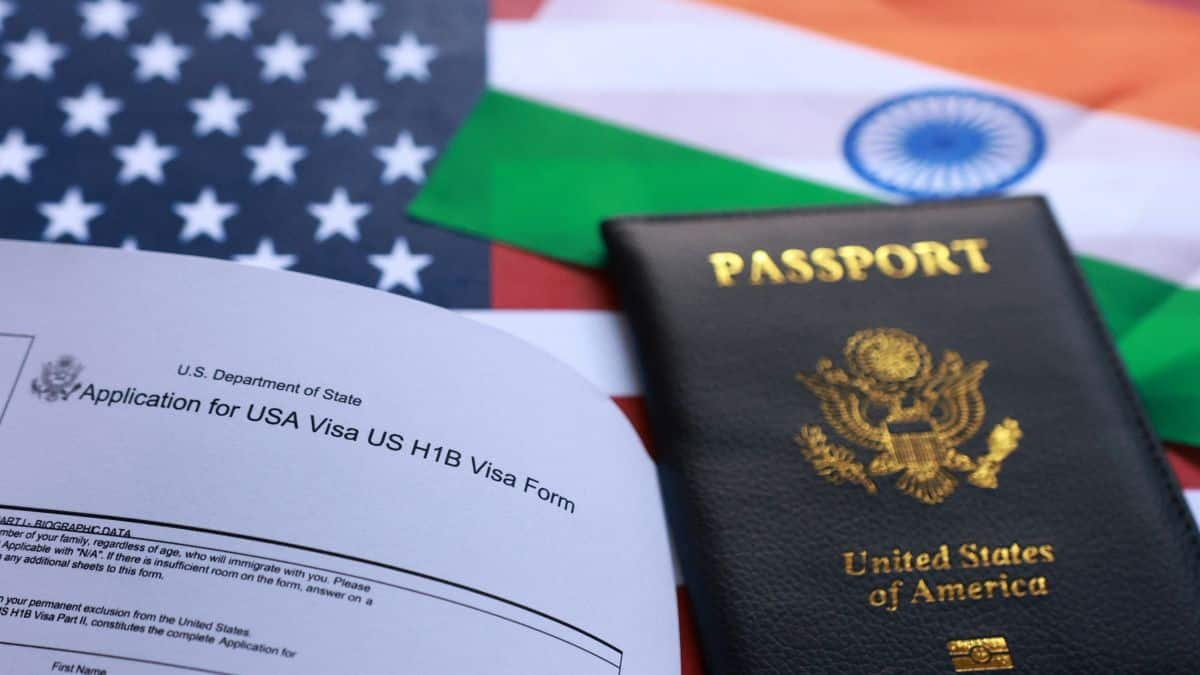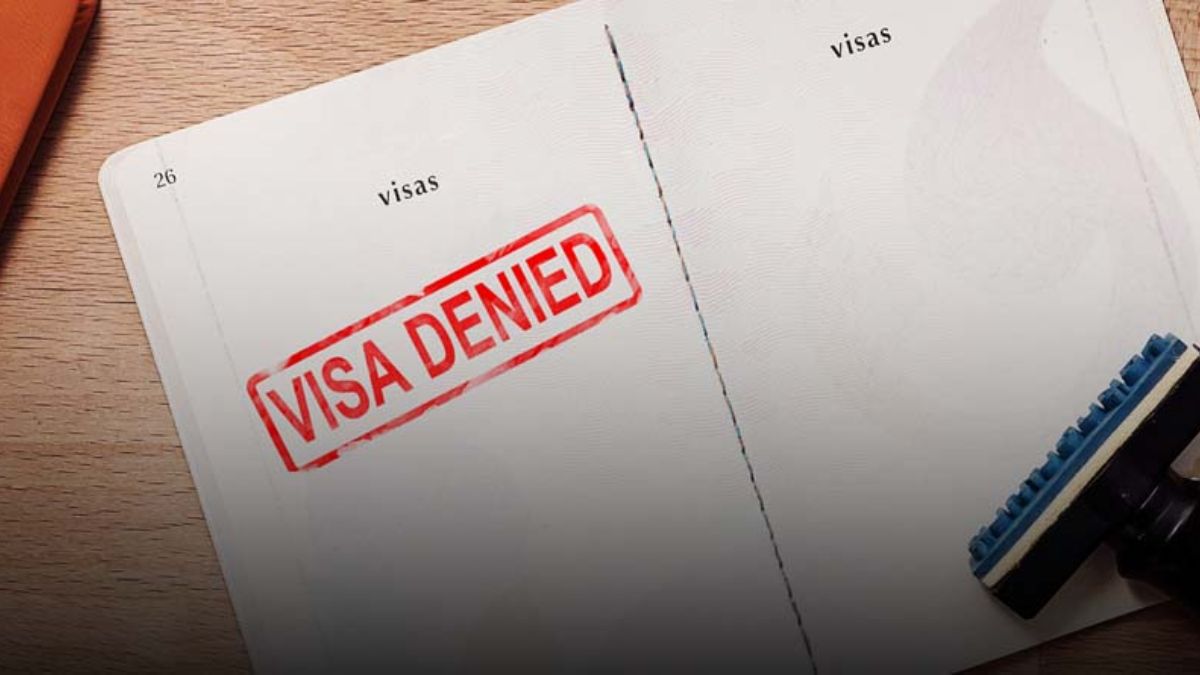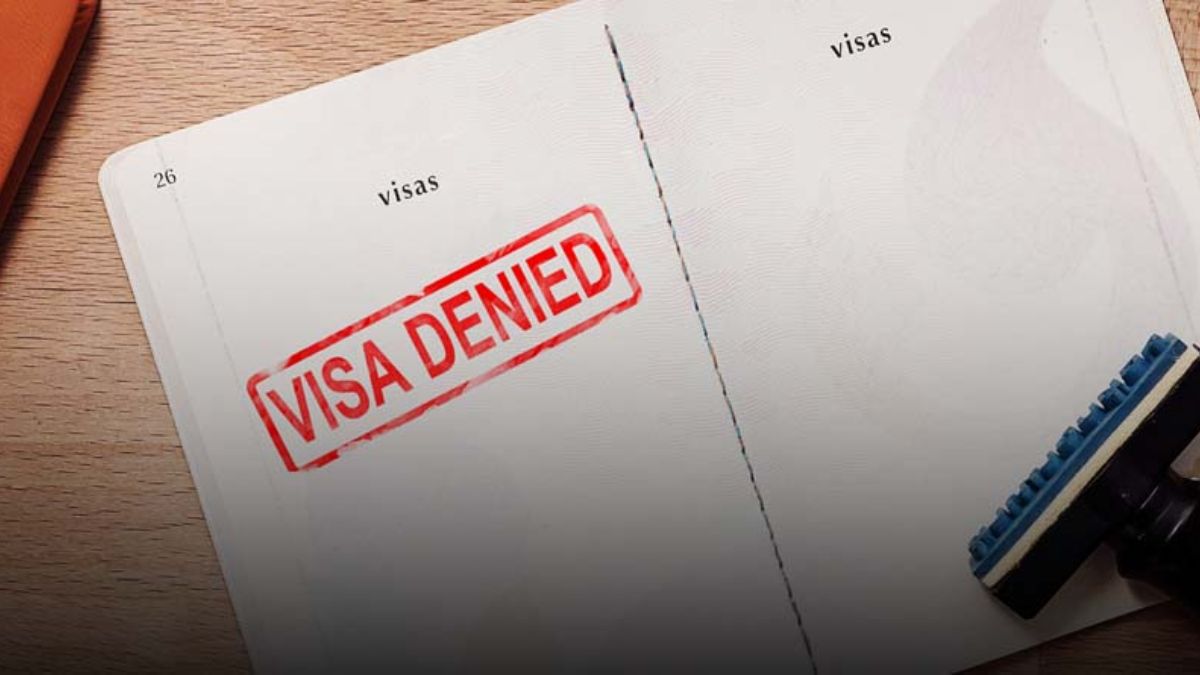The Supreme Court on Friday granted the Trump administration’s emergency appeal to pause a lower court’s directive to provide full Supplemental Nutrition Assistance Program (SNAP) payments during the ongoing government shutdown. The move came even as some states had already released the full November benefits.
A lower court had ordered the administration to issue complete SNAP payments by Friday, but the government sought to suspend that ruling, citing limited contingency funds. It requested permission to continue issuing only partial payments instead of using funds beyond what was currently available.
After a Boston appeals court declined to intervene, Justice Ketanji Brown Jackson issued an emergency order late Friday, pausing the mandate for full payments until the appeals court determines whether to extend the suspension. Her order will remain effective for 48 hours after the appeals court issues its ruling, giving the administration time to return to the Supreme Court if necessary.
The SNAP programme, which supports roughly one in eight Americans, primarily benefits low-income households. Officials in several states, including Wisconsin, Oregon, Hawaii, California, Kansas, New Jersey, Pennsylvania, and Washington, confirmed they had already begun issuing full benefits before the Supreme Court’s order took effect.
In Wisconsin, more than $104 million was made available to 337,000 households shortly after a Thursday court order. Oregon’s governor said state employees worked overnight to ensure families could access food benefits by Friday, while Hawaii processed its payments within hours of the ruling.
The Trump administration argued that states were rushing to secure limited federal funds before an appeal could be filed, warning that once the money was distributed, it could not be recovered.
Impact Shorts
More ShortsLegal wrangling deepens as states adopt mixed responses
The funding dispute has caused weeks of uncertainty for millions of Americans who rely on SNAP assistance. Some recipients, such as Newark resident Jasmen Youngbey, reported delays in receiving their benefits and turned to food pantries for help before funds eventually appeared in their accounts.
The administration initially stated that SNAP benefits would not be available in November due to the shutdown. However, two federal judges ruled that the government must use an emergency reserve containing over $4.6 billion to fund the programme. Each month’s payments require between $8.5 billion and $9 billion, and the administration refused to allocate additional funds, asserting that only Congress could authorise further spending.
A Thursday ruling by US District Judge John J. McConnell Jr rejected the administration’s plan to fund only 65% of the usual benefits, describing the cut as unlawful. In response, Solicitor General D. John Sauer told the Supreme Court that the judge’s order undermined the separation of powers by overriding legislative and executive authority.
States have since taken varying approaches. Colorado and Massachusetts said full payments could arrive as early as Saturday, while New York expected them by Sunday. Other states, including North Carolina, Illinois, Kentucky, Louisiana and North Dakota, issued partial payments, with full benefits anticipated later. In Delaware, Governor Matt Meyer said the state had used its own funds to issue initial relief payments to affected residents.
(With agency inputs)


)

)
)
)
)
)
)
)
)



